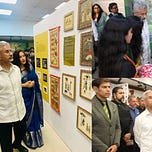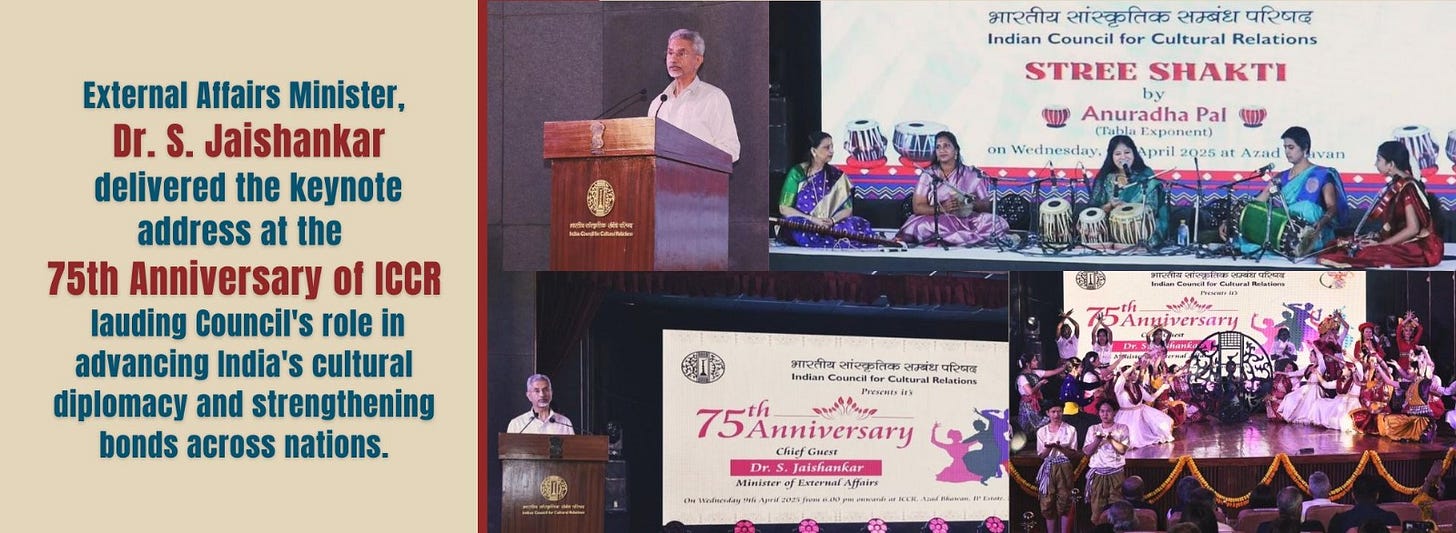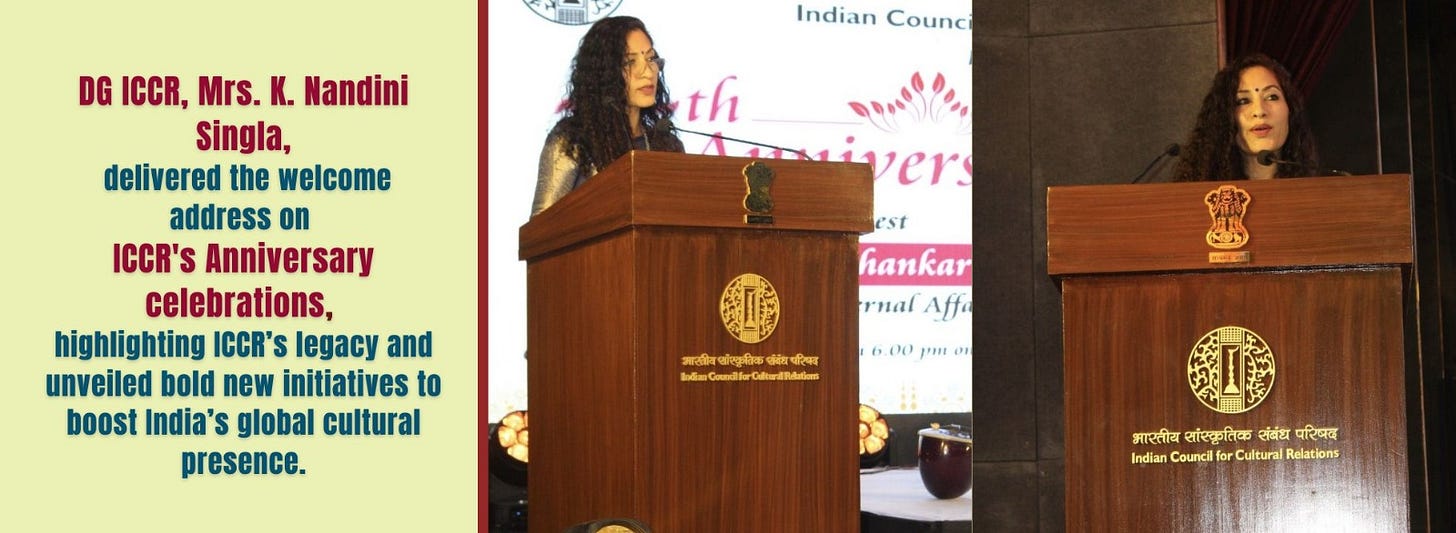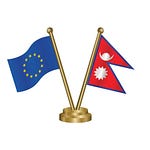Darshan Parajuli, Kathmandu— The Indian Council for Cultural Relations (ICCR) rolled out the red carpet on the evening of April 9, 2025, to celebrate 75 years of fostering global harmony through cultural exchange. Hosted at its New Delhi headquarters, the landmark event blended India’s artistic heritage with contemporary diplomacy, drawing diplomats, scholars, and artists to reflect on the institution’s legacy and future ambitions. External Affairs Minister Dr. S. Jaishankar, the chief guest, underscored the growing role of cultural ties in India’s foreign policy, declaring, “In a world seeking balance, India’s civilizational ethos offers a framework for unity.”
A Legacy of Soft Power
Since its founding in 1950, ICCR has been India’s primary vehicle for cultural diplomacy, leveraging everything from classical dance to cutting-edge digital initiatives. The numbers tell the story: over 7,000 foreign students from 190 countries currently study on ICCR scholarships, while the council sponsors more than 800 Indian artists annually for global performances, averaging two per day. Its 38 cultural centres worldwide, from Tokyo to Tashkent, serve as hubs for yoga, Hindi, and Indian arts, attracting millions.
“We’re not just preserving traditions; we’re making them relevant,” said ICCR Director General K. Nandini Singla, who took office five months ago. She pointed to recent milestones like the Vaishali Festival of Democracy at Nalanda University and the Buddha Bhoomi Vandan Yatra, which brought young Buddhist scholars to India. Even culinary diplomacy has found a place: the Annapurna initiative now certifies authentic Indian restaurants abroad, from Lisbon to Lagos.
India’s Cultural Reawakening
Dr. Jaishankar framed ICCR’s evolution within India’s broader cultural resurgence. “Seventy-five years ago, we were a young nation rediscovering ourselves. Today, we are ‘more Bharat”—confident in our civilizational identity,” he said. This shift, he argued, is visible in revived art forms, the global yoga movement, and campaigns like One District One Product, which markets local crafts worldwide.
The minister linked this cultural assertiveness to geopolitical changes. “As power decentralises, cultures once sidelined are reclaiming space,” he noted, citing ICCR’s role in promoting Indian knowledge systems, from Ayurveda to millets, as part of a “rebalancing” against homogenised globalisation.
Tech, Diaspora, and New Frontiers
Technology dominated discussions on ICCR’s future. The council has digitised operations—managing scholarships via the Gyan Setu portal, hosting virtual classes for 4,000 students, and even collaborating with Google to refine AI-driven Sanskrit translation. “Tradition and technology aren’t opposites; they’re partners,” said Jaishankar, praising ICCR’s e-learning portal on Indian philosophy.
The diaspora, too, emerged as a priority. With 18 million Indians abroad, ICCR plans to expand alumni networks and launch a Young Ambassadors program, offering cash prizes to foreign scholars who promote Indian culture on social media. “Our diaspora isn’t just a bridge; it’s a powerhouse,” Singla remarked, announcing the ICCR Padma Awardee Series to honor artists recognised by the Indian government.
Challenges in the Age of AI
Yet challenges loom. Singla acknowledged the pitfalls of digital diplomacy—AI-generated deepfakes, copyright disputes, and fleeting online attention spans. “How do we prove what’s real Indian culture when algorithms distort it?” she asked. The answer, she suggested, lies in partnerships, from Bollywood to UNESCO, and a sharper focus on grassroots artists.
As the evening concluded with a performance of Kathak fused with electronic beats, the message was clear: ICCR’s next chapter will demand both innovation and fidelity to tradition. “Culture isn’t static; it’s a conversation,” said Jaishankar. “And India,” he added, “is ready to speak—and listen.













Share this post